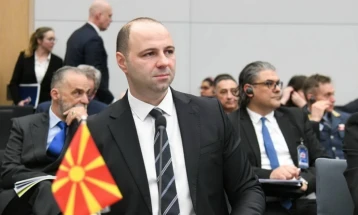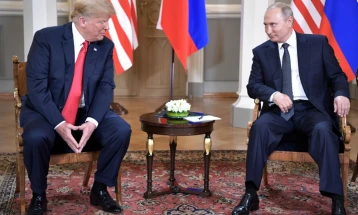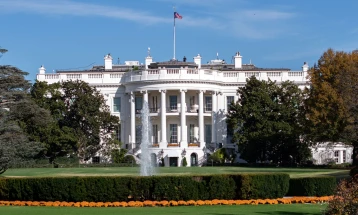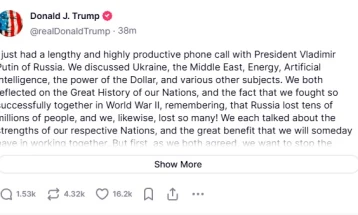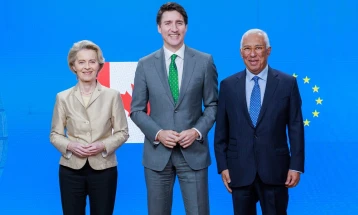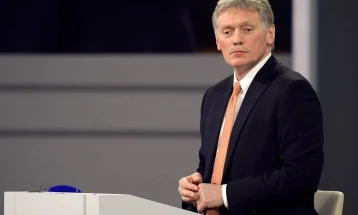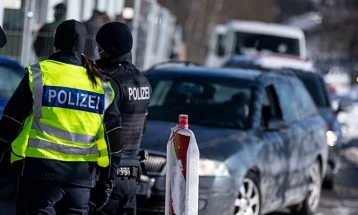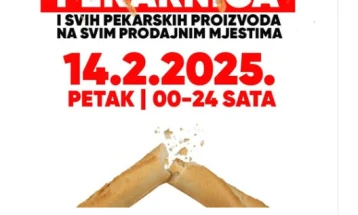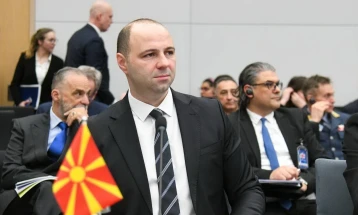US defence chief calls Ukraine's NATO membership 'unrealistic'
- The Trump administration does not believe that NATO membership for Ukraine is a realistic outcome of a negotiated end to the war started by Russia, US Defense Secretary Pete Hegseth said on Wednesday.
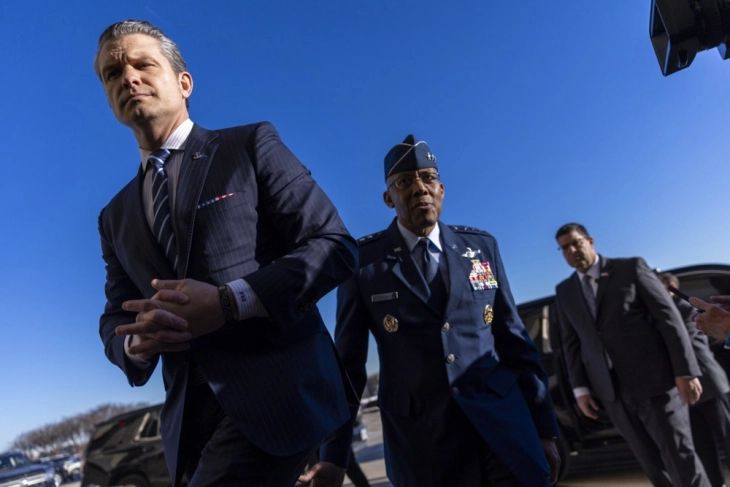
Brussels, 12 February 2025 (dpa/MIA) - The Trump administration does not believe that NATO membership for Ukraine is a realistic outcome of a negotiated end to the war started by Russia, US Defense Secretary Pete Hegseth said on Wednesday.
Hegseth told a gathering of the Ukraine Defence Contact Group that reaching peace in Ukraine was a "top priority" for US President Donald Trump. The group coordinates weapons deliveries to Ukraine.
"We will only end this devastating war and establish a durable peace by coupling allied strength with a realistic assessment of the battlefield," Hegseth said at NATO headquarters in Brussels.
"But we must start by recognizing that returning to Ukraine's pre-2014 borders is an unrealistic objective. Chasing this illusionary goal will only prolong the war and cause more suffering."
Ukrainian President Volodymyr Zelensky has pleaded for NATO membership, arguing that his country's "survival" depends upon it.
The United States wants "a sovereign and prosperous Ukraine," Hegseth said, but was also faced with other security threats along its border and in the Pacific.
"As the United States prioritizes its attention to these threats, European allies must lead from the front."
Hegseth's remarks at his first visit to NATO are sure to fuel concerns that the US could drastically reduce its support for Ukraine and force a peace settlement from which Russia could in fact emerge victorious.
The US is the largest provider of military assistance to Ukraine, followed by Germany.
Trump's defence chief made it clear that the US had no plans to send troops to Ukraine to secure a possible peace deal.
"A durable peace for Ukraine must include robust security guarantees to ensure that the war will not begin again," Hegseth said, but it would be up to European and other troops to provide these guarantees. He also ruled out a NATO mission.
Hegseth said that European allies are "stepping up to the task," but that more needs to be done including on defence spending.
Trump has long criticized the low defence expenditure in some NATO countries and has urged allies to increase spending to 5% of their gross domestic product (GDP) - more than double the current target of 2%.
"Increasing your commitment to your own security is a down payment for the future" Hegseth said.
On Thursday, Hegseth plans to attend a meeting of NATO defence ministers focused on military spending and expanding defence industry capacities.
Ahead of the meeting NATO published new defence spending figures.
"In 2024, NATO allies in Europe and Canada invested $485 billion in defence, a nearly 20% increase compared with 2023," said NATO Secretary General Mark Rutte on Wednesday.
Two-thirds of NATO members are reaching the alliance's spending target of at least 2% of gross domestic product (GDP), he added.
"We are seeing substantial progress, but we need to do a lot more so we have what we need to deter and defend, and so that there is more equitable burden sharing," Rutte said.
NATO allies might agree on a new defence spending pledge at the alliance's next summit in The Hague in June, with Rutte aiming for a new target "north of 3%."
Photo: EPA
